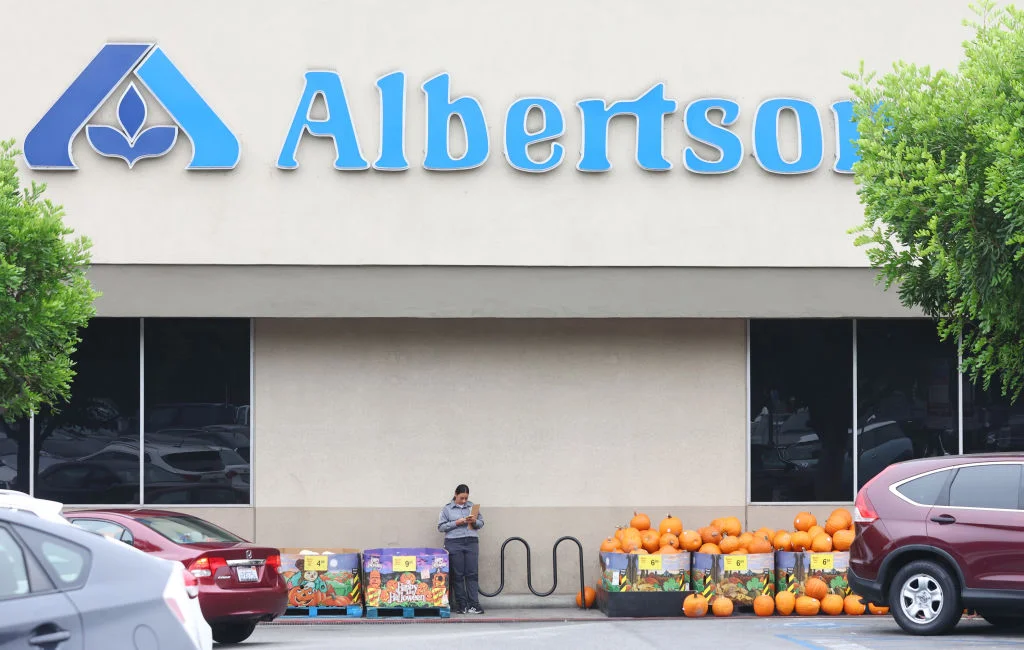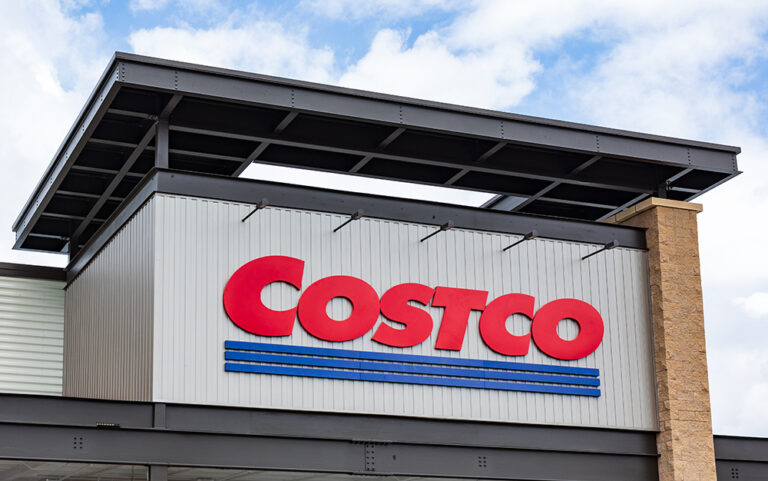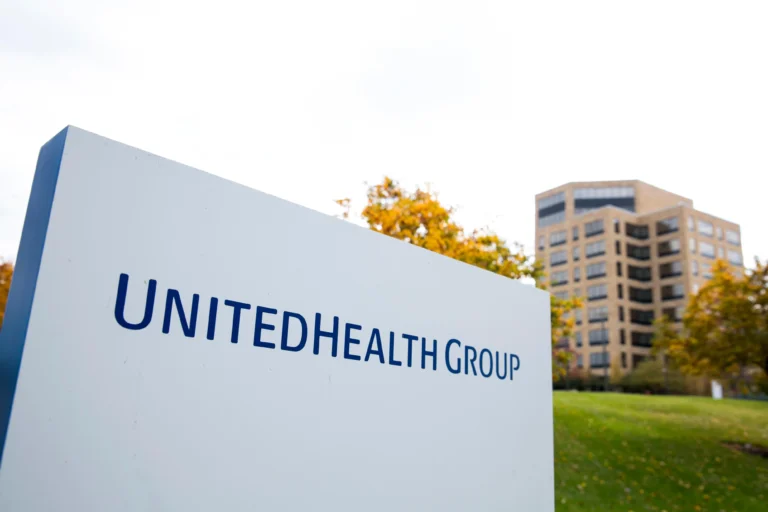On Wednesday, Albertsons officially called off its proposed $25 billion merger with Kroger, filing a lawsuit against its supermarket rival. The lawsuit claims that Kroger breached their merger agreement by failing to fulfill its obligations in securing regulatory approval for the deal. This legal action follows a judge’s decision a day earlier to block the merger, which had been proposed as a way to create a formidable competitor to major players like Walmart, Amazon, and Costco.
In its lawsuit, Albertsons accuses Kroger of violating the terms of the merger by refusing to divest necessary assets required for antitrust approval, ignoring feedback from regulatory agencies, rejecting offers from stronger buyers for the divested assets, and failing to cooperate with Albertsons in securing the deal’s approval.
Albertsons’ General Counsel and Chief Policy Officer, Tom Moriarty, expressed frustration with Kroger’s actions in a statement. “Kroger’s self-serving conduct, taken at the expense of Albertsons and the agreed transaction, has harmed Albertsons’ shareholders, associates, and consumers,” he said. “We are disappointed that the opportunity to realize the significant benefits of the merger has been lost due to Kroger’s willfully deficient approach to securing regulatory clearance.”
In response, Kroger strongly rejected Albertsons’ claims. The supermarket giant described the allegations as “baseless and without merit.” Kroger further argued that the lawsuit was an attempt to deflect responsibility after Kroger had notified Albertsons in writing about several breaches of the merger agreement. Kroger’s statement also pointed out that Albertsons was seeking payment of a breakup fee that they argued the company was not entitled to.
The proposed merger between the two grocery giants was announced nearly two years ago, with Kroger aiming to acquire Albertsons to better compete with larger retailers like Walmart, Amazon, and Costco. The deal would have combined nearly 40 supermarket brands, including Kroger’s Fred Meyer and Albertsons’ Safeway, under one umbrella.
The lawsuit represents the latest chapter in what has now become a corporate divorce battle between the two companies. Albertsons and Kroger are clashing over who should bear the legal fees incurred during the merger attempt and who should be held accountable for the breakup fee. Albertsons argues that it is entitled to a $600 million termination fee, along with compensation for the time, money, and effort spent trying to get the merger approved, including the extended period of uncertainty that Albertsons faced due to Kroger’s alleged actions.
Kroger, on the other hand, is pushing back against Albertsons’ claim for the termination fee, asserting that the lawsuit lacks merit and promising to defend itself in court. The dispute now extends beyond the failed merger itself, as both companies are jockeying for financial compensation related to the collapsed deal.
Despite the ongoing legal battle, shares of both Albertsons and Kroger saw slight increases in early trading on Wednesday. Albertsons’ stock was up about 0.5%, while Kroger’s shares rose by approximately 1%.
The merger between Kroger and Albertsons was initially touted as a way to create a more competitive force in the grocery market, particularly in the face of growing competition from e-commerce giants like Amazon. However, the proposed deal faced significant regulatory scrutiny over concerns that it could reduce competition and lead to higher prices for consumers.
The decision to block the merger was seen as a major setback for both companies, especially given the resources and time spent attempting to navigate the complex regulatory approval process. In the aftermath, the two companies are now engaged in a legal battle to determine who bears the financial responsibility for the failed merger.
Kroger had hoped that acquiring Albertsons would allow it to strengthen its position in the grocery industry by combining the strengths of both companies. However, the failure to secure regulatory approval for the merger and the resulting lawsuit has left both companies in a state of uncertainty.
While the legal proceedings are still in the early stages, the dispute between Kroger and Albertsons highlights the challenges companies face when attempting to merge in highly regulated industries. The outcome of the lawsuit could have significant financial implications for both parties, particularly in terms of the breakup fees and the costs associated with trying to secure approval for the deal.
In the meantime, both companies are left to navigate the complexities of their respective businesses, with Albertsons looking to continue operating independently and Kroger focused on its own growth strategy in a competitive retail landscape. As the legal process unfolds, it remains to be seen whether the two grocery giants will reach a resolution or if their corporate rivalry will escalate further.






